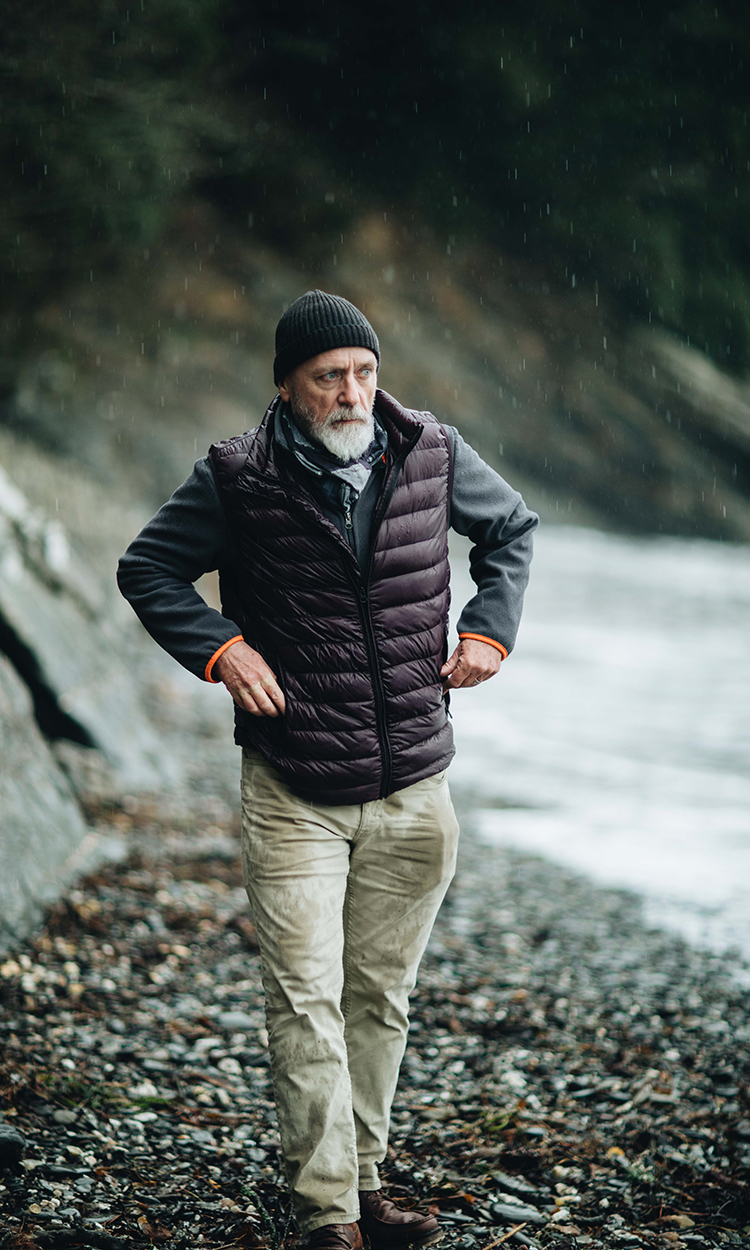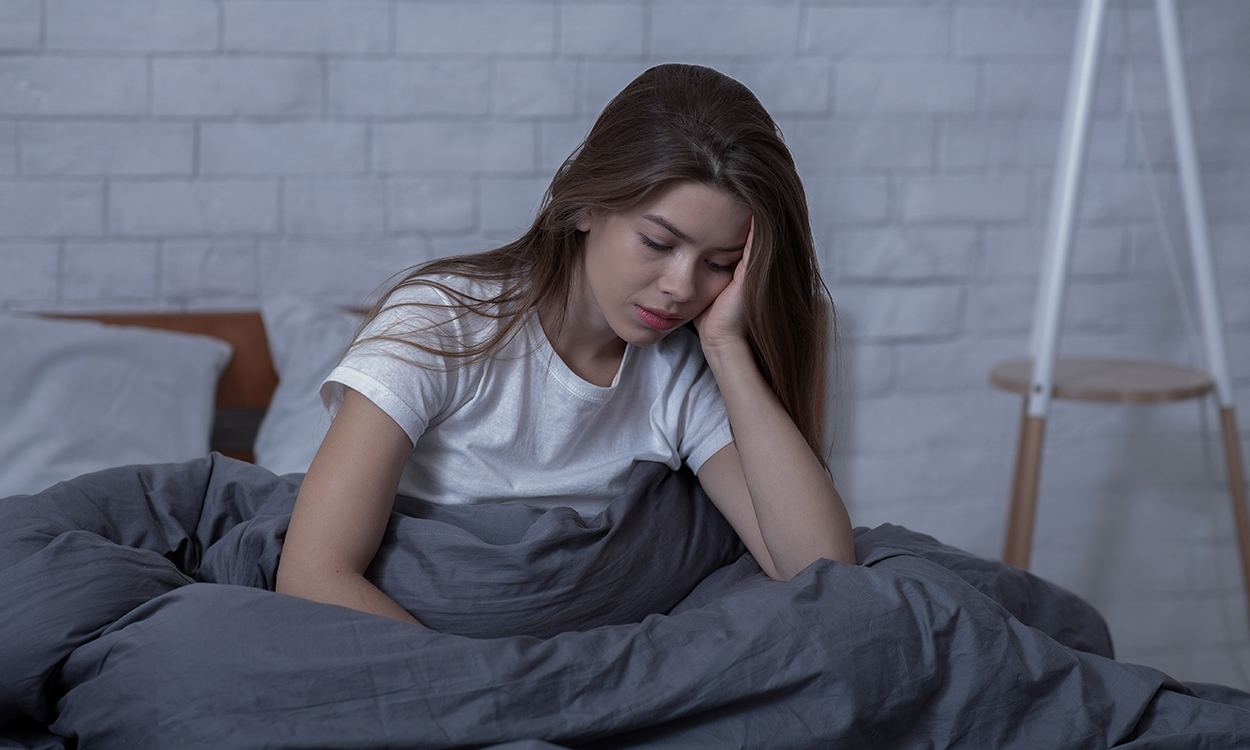The new year has, for as long as we can remember, been associated with setting goals. We find ourselves setting these high expectations of ourselves by listing all the things we would like to have achieved, to reflect on and feel like we can be proud of ourselves at the end of the year.
Whilst it can be healthy to have these goals and set a deadline for it, so we have something to strive towards, sometimes it’s hard to achieve everything in one year. Especially when we’re in the midst of a global pandemic and everything remains uncertain.
Nearly a year into the Covid-19 pandemic and almost three months into lockdown 3.0, the excitement of the new year, new achievements has worn off for many. We’re starting to notice that even though we have so much we can or should be doing, we don’t have the motivation to do any of it. Yet, at the same time, we can’t help but feel guilty when we’ve done nothing with our days.
It feels like because the pandemic and lockdown isn’t a new phenomenon anymore, there is almost an expectation that we must produce the same amount and quality of work as we would pre-Covid because we should be used to working in these conditions by now. We see on social media that yes, people can and have got a promotion at work or successfully started a health kick during the pandemic so, we feel like we can’t ‘blame’ the lockdown for our lack of motivation.

Malachy Dunne. Credit: Mos and Maw
“As animals, we are naturally supposed to feel low in winter because we are supposed to be hibernating, but artificial light has confused us.
“We feel lethargic in winter and in this third lockdown because it is natural for us.”
Lockdown has given us more free time to learn a new language or improve our baking skills, but it’s also given us the opportunity to slow down and look after our mental health – something I’m sure many of us would like to continue post lockdown. When we start to feel guilty for not being productive and worrying about the future, it increases our stress and adrenaline levels making us feel more anxious.
According to Malachy, the best way to combat this is to practice self-compassion and gratitude: “the neuroscience behind practising gratitude is compelling.
“It is a physiological antidote which produces oxytocin and relieves our feelings of stress and anxiety.
We all need to be more kind to ourselves and practising gratitude and having more realistic expectations of ourselves during this lockdown is one of the best forms of self-compassion.”

